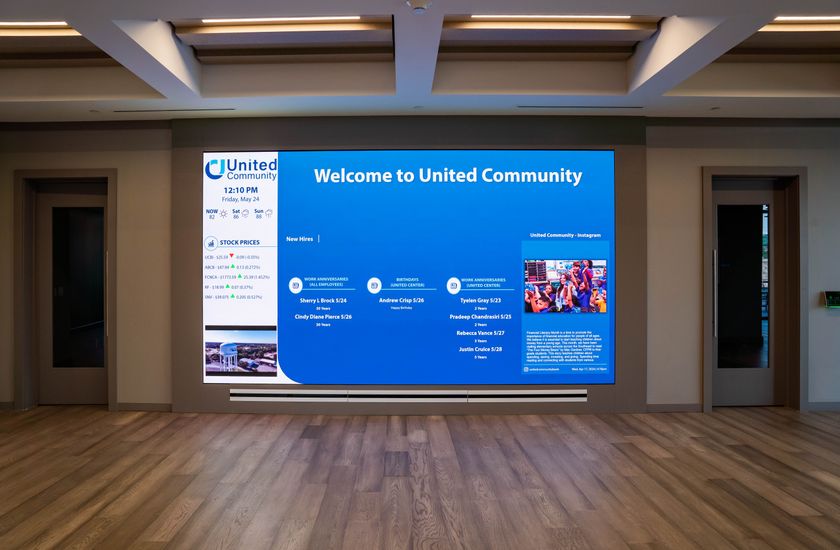Last week, the State of Minnesota banned Coursera, the extremely popular free online educational site, and warned its academic partners, such as Princeton and Stanford, against offering class instruction sans registration fee. Minnesota cited a state law in their opposition; they also said that Coursera never got permission to operate there.
After immense public outcry, however, the Minnesota Office of Higher Education reversed its decision the very next day.
Phil Hippensteel, PhD, Penn State Harrisburg, and regular AV Technology contributor, says that he has seen several examples of the government trying to enforce cumbersome regulatory restrictions to the detriment of common sense expansion of educational opportunities. He opines that there are two main take-aways here: 1). As technologies for delivery change, so governments must adapt. 2). If governments don't adapt, the market will find a way around the government regulation.
Hippensteel agrees that the government has some rights to regulate education and protect the public from degrees sold as commodities. "On the other hand," he said, "the Courts have already ruled that businesses have some of the First Amendment rights that individuals enjoy. So, the right to offer an entire series of organized thoughts, such as a short course, are likely to be covered by those opinions."
Read the original story about the Minnesota ban here.
Click here to listen to an engaging Marketplace radio segment about the edX, Coursera, Udacity, and MOOC debate.
Margot Douaihy is a college instructor and editor of AV Technology magazine.



